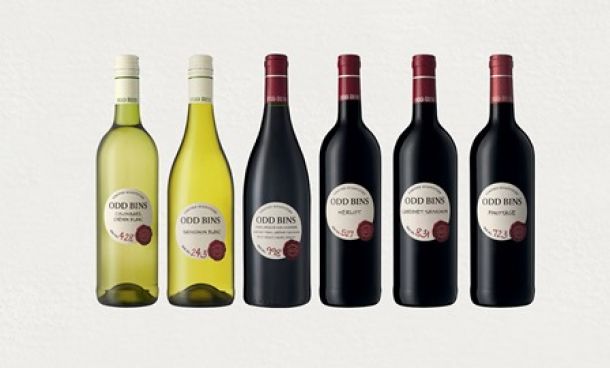Nedlac stalls on tough liquor law changes without social-cost report
The failure by the Department of Trade and Industry to provide the social partners of the National Economic Development and Labour Council (Nedlac) with a socio-economic impact assessment of the Liquor Amendment Bill has stalled the institution’s process of dealing with it.
All Nedlac meetings on bill have been suspended until the department presents the impact study. However, the department’s acting deputy director general, MacDonald Netshitenze, insists the study was completed in February and sent to Nedlac last week. But the social partners have not yet had sight of the study which DA MP Dean Macpherson says is crucial to understand the financial implications of the proposed legislation.
"We need to understand what the bill will cost the economy. There are some drastic proposals that restrict the sale of liquor in major cities like Johannesburg and Cape Town that will cost jobs and revenue. Once again we are putting the cart before the horse by ignoring the financial implications of the bill," Macpherson said.
The bill proposes to raise the legal age of drinking from 18 years to 21 years, ban alcohol advertising in print and social media, restrict radio and television advertising and place restrictions on where liquor outlets can operate.
Sources in Nedlac said that when the bill was referred to Nedlac in March by the department’s director general, Lionel Ocrober he requested that the social partners — government, business and labour — consult urgently on it. October indicated the department wanted Cabinet approval of the final version of the bill by the end of May so it could be tabled in Parliament.
However, the department’s failure to provide the socio-economic impact assessment meant that no discussion could take place within Nedlac on the substantive issues of the bill. For example, without the study labour representatives were unable to establish the bill’s possible impact on jobs.
South African Liquor Brandowners Association spokesman Sibani Mngadi said the association was concerned about the department’s failure to provide the impact study despite a request from MPs last year and Nedlac social partners last month.
"The proposed amendments to the Liquor Act will have far reaching consequences for both small and big businesses in the alcohol industry. We believe it will lead to job losses when the country is facing a problem of high unemployment. The biggest revenue loss will certainly be experienced by the media industry," Mngadi said.
He noted that the industry’s warnings about the adverse economic impact of the bill had been largely ignored by the department which had come up with an even more onerous version of the bill. The department had also failed to take up the association’s commitment to invest an additional R150m in programmes to deal with alcohol abuse and to use advertising space to promote responsible drinking.
The Black Business Council is particularly concerned about the impact on township businesses of the proposed amendment, which prevent trading licences being issues for liquor outlets within 500m of churches and schools. The council wants the Department of Small Business Development to be included in the government delegation at Nedlac so it can declare whether or not it is in support of the proposal.
Business Unity SA is opposed to the amendments which would severely restrict alcohol advertising. The bill proposes a ban of alcohol advertising in print, internet and social media, as well as a restriction on radio and TV advertising to between 10pm and 6am). Both the BBC and Busa oppose the amendment that increases the legal drinking age from current 18 to 21 years.
Meanwhile, Pernod Ricard SA corporate and public affairs manager Dirk Conradie said in an interview on Tuesday the advertising ban would severely hamper the company’s ability to market its products.
The multinational — which sells premium brands such as Jameson, Chivas Regal, Ballantine’s and Absolut Vodka — was continuously launching new brands and new innovative products. An advertising ban would inevitably be taken into account when the company developed its marketing and investment strategy as it would not be able to grow its brands.
Conradie noted that if alcohol advertising was banned, there would be no way to convey messages about responsible drinking.
News Category
- International retailers
- On the move
- Awards and achievements
- Legislation
- Wine and liquor
- Africa
- Going green
- Supplier news
- Research tools
- Retailer trading results
- Supply chain
- Innovation and technology
- Economic factors
- Crime and security
- Store Openings
- Marketing and Promotions
- Social Responsibility
- Brand Press Office
Related Articles

Makro secures exclusive rights to SA’s most sou...

Checkers adds 41 new wines to Odd Bins range

With petrol at almost R20 a litre, food prices ...

Petrol price shocker for South Africa


